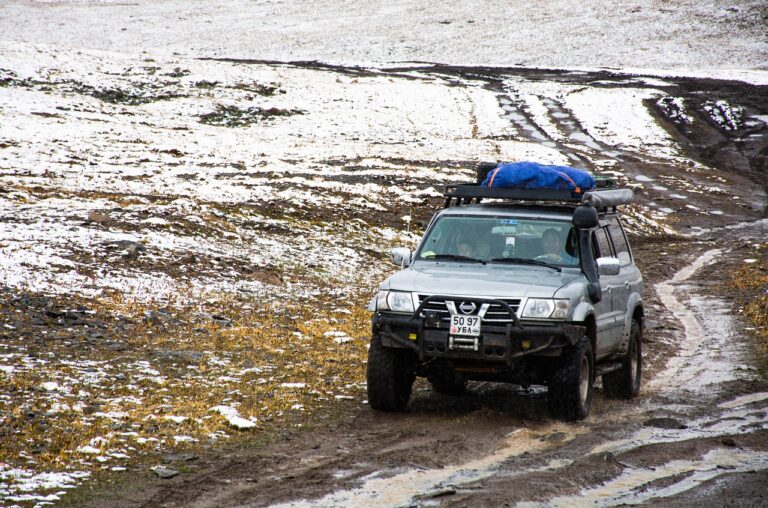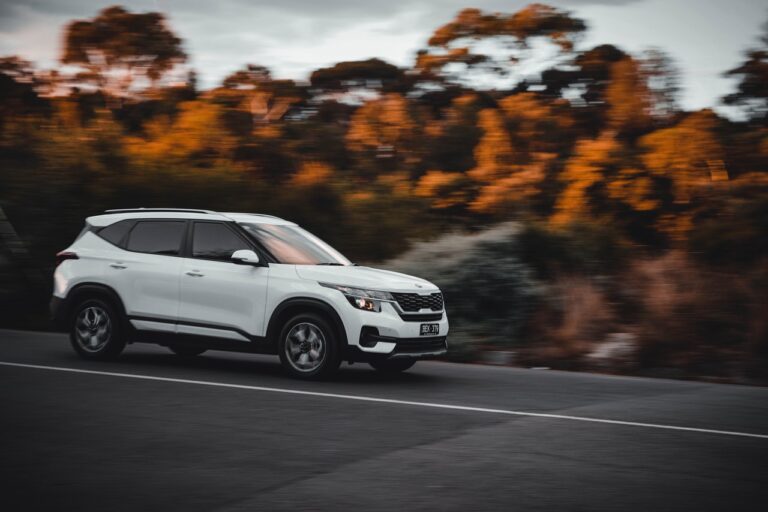The Impact of Aftermarket Communication Systems and GPS Trackers for Overlanding: Play 99 exchange, Lotusbhai, Playexch in login
play 99 exchange, lotusbhai, playexch in login: Overlanding has become an increasingly popular way for adventure enthusiasts to explore off-the-beaten-path destinations and disconnect from the hustle and bustle of everyday life. Whether you’re trekking through the mountains, traversing deserts, or cruising along rugged terrain, aftermarket communication systems and GPS trackers have revolutionized the overlanding experience, providing peace of mind, safety, and convenience like never before.
The Impact of Aftermarket Communication Systems
One of the most significant impacts of aftermarket communication systems on overlanding is the ability to stay connected in remote locations. Whether you’re in the middle of the wilderness or on a remote backcountry road, these systems allow you to communicate with your fellow travelers, emergency services, and loved ones back home.
One popular aftermarket communication system for overlanding is the satellite phone. Satellite phones utilize satellite networks to make calls and send text messages, ensuring that you have a reliable means of communication even in the most remote locations where traditional cell phone signals may be nonexistent. In the event of an emergency or unforeseen circumstance, a satellite phone can be a literal lifesaver.
Another key impact of aftermarket communication systems is their ability to provide real-time weather updates and emergency alerts. This information can be crucial for overlanders navigating unpredictable terrain or dealing with rapidly changing weather conditions. With the ability to receive up-to-date weather forecasts, overlanders can make informed decisions about their route and camping locations, ensuring a safe and enjoyable journey.
The Impact of GPS Trackers for Overlanding
GPS trackers have transformed the overlanding experience by providing accurate location data, route tracking, and vehicle monitoring capabilities. These devices use GPS technology to pinpoint your exact location, allowing you to navigate with confidence and precision, even in remote and challenging terrain.
One of the primary benefits of GPS trackers for overlanding is the ability to share your location with friends, family, or emergency services in real-time. This can provide peace of mind to loved ones back home, who can track your progress and know that you’re safe and secure on your journey. In the event of an emergency, GPS trackers can also facilitate quicker response times from rescue teams.
Another key impact of GPS trackers is their ability to monitor vehicle performance and maintenance needs. By tracking your vehicle’s location, speed, and other metrics, you can stay on top of routine maintenance tasks and address any issues that may arise while on the road. This can help prevent breakdowns and ensure that your vehicle is in top condition for the duration of your overlanding adventure.
FAQs
1. Are aftermarket communication systems and GPS trackers essential for overlanding?
While they are not essential, aftermarket communication systems and GPS trackers can greatly enhance the overlanding experience by providing safety, convenience, and peace of mind.
2. What are some popular aftermarket communication systems for overlanding?
Popular aftermarket communication systems for overlanding include satellite phones, two-way radios, and satellite messengers.
3. How can GPS trackers help with vehicle maintenance during overlanding?
GPS trackers can monitor vehicle performance and maintenance needs, allowing overlanders to stay on top of routine maintenance tasks and address any issues that may arise while on the road.







